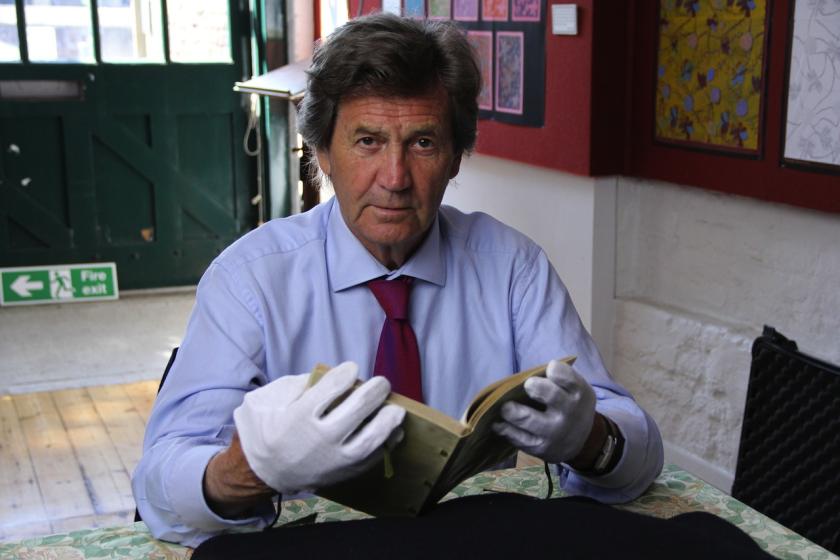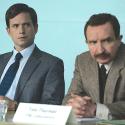We’ve had only two poll tax riots in England. And since England has only twice legislated for a tax on the person, this proves rather a decisive verdict on its popularity. The last lot was in 1991, and though many protesters may have wished for the head of Margaret Thatcher, no one was beheaded.
The earlier uprisings resulted in several lopped heads, including that of Wat Tyler, a name that should be familiar to anyone with some passing knowledge of England’s medieval past. The violent uprisings of 1381, led by Tyler, only came to be known as the Peasants’ Revolt in the 19th century. The highly organised rebellion came with a list of radical demands to set “the commoners” free from bonded labour after a series of punishing royal statutes had been implemented: first wages had been frozen, then a poll tax introduced – increased threefold over just three years – and finally all movement of labour forbidden.
The taxes were to pay for England’s war with France – the Hundred Years' War – while the other measures were enforced to stop the peasants demanding better wages and conditions. England’s population had been halved by the Black Death, which swept through Europe in 1348, and this had affected supply and demand in the peasants’ favour. Naturally, it was the King's job to reverse the advantage.
For the peasants, of course, it all ended in disaster
Melvyn Bragg first took to task the popular name for the uprisings: the rebellion included not just peasants but artisans, administrators, and even two knights of the realm. Later we saw how the 14-year-old Richard II's reign would come to be characteriesed by such punitive measures, both before and after the uprisings.
But it wasn’t Wat Tyler who was the subject of Bragg’s first instalment of Radical Lives (next week concludes with Tom Paine). Instead, the radical life explored in this segment was that of another of the revolt’s leaders: the Lollard preacher John Ball. His name probably won’t be as familiar, but Ball's sermons were to be greatly influential to later radical poets and writers, including John Milton and the socialist and arts and crafts designer William Morris. Medieval revivalism during Morris’s life had turned Ball, who had been excommunicated not once but twice by the church (a not uncommon practice, Bragg told us), into a proper socialist hero; it was in 1888 that Morris published one of his many forgetten prose romances I Dream of John Ball (see main picture).
Bragg managed to give us a lively account of events through plain and simple means – no dramatisations, nor reenactments. In fact, hardly any visual material evoking the period was used; there is only one known depiction of Ball, in Jean Froissart's Chronicles, published almost a hundred years after Ball’s execution (he was hung, drawn and quartered after being convicted of rebelling against the Crown and of writing seditious letters). We mainly saw Bragg walking through bits of London and Essex surrounded by desultory shoppers and passersby, but it worked very nicely.
For the peasants, of course, it all ended in disaster. The King, having pretended that all demands would be met, now ensured that living and working conditions were made even harsher.














Add comment